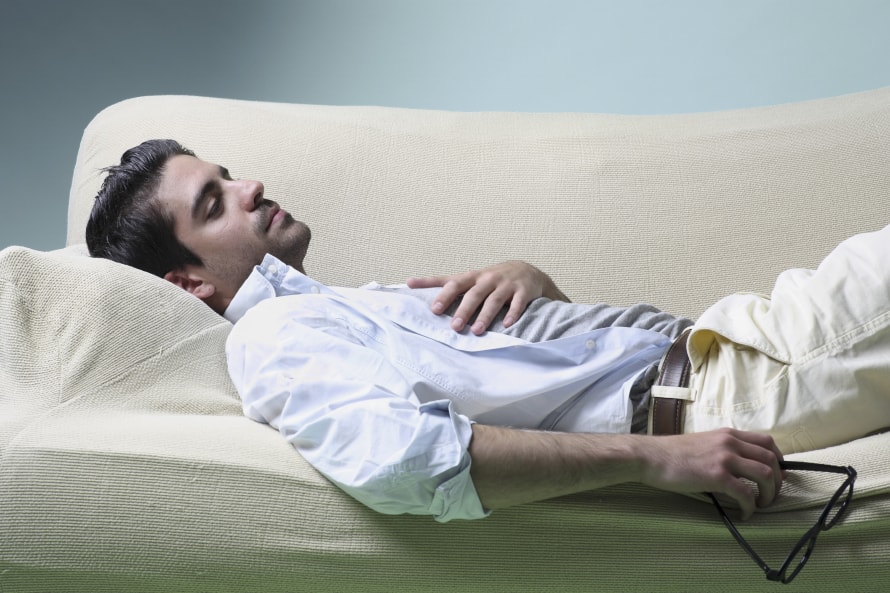
There is a common belief that postnatal depression occurs only in women. However, research has shown that fathers can also suffer from what is termed Paternal Postnatal Depression (PPD). In fact, it is though that at least 10% of dads suffer from the condition and the rate is even higher among men whose partners are suffering from postnatal depression.
Some detractors may argue that a man can’t really suffer from postnatal depression because he hasn’t been pregnant or given birth and therefore hasn’t undergone the hormonal and other bodily changes experienced by women. We don’t know exactly why postnatal depression occurs in fathers and it is clear that more research is required.
Dr Raja Gangopadhyay has written an article on Paternal Postnatal Depression.
It goes without saying that, childbirth is a life-changing event for both the parents. This could be quite challenging and stressful at times, especially when you do not have adequate support.
There are social, psychological and biological factors that may contribute to Paternal Postnatal Depression. However, there are challenges in detecting the condition for a number of reason, such as a lack of awareness and a lack of screening strategies in place.
Dr Gangopadhyay is of the opinion that Maternity Units should play a role in prevention and support.
Dads should feel welcomed and involved in the care of their partners. Healthcare professionals should encourage dads to discuss their fear and concerns. This would reduce anxiety and enhance their confidence as a parent
The good news is there are treatments available and fathers can fully recover from Paternal Postnatal Depression with proper treatment, care, and support.
